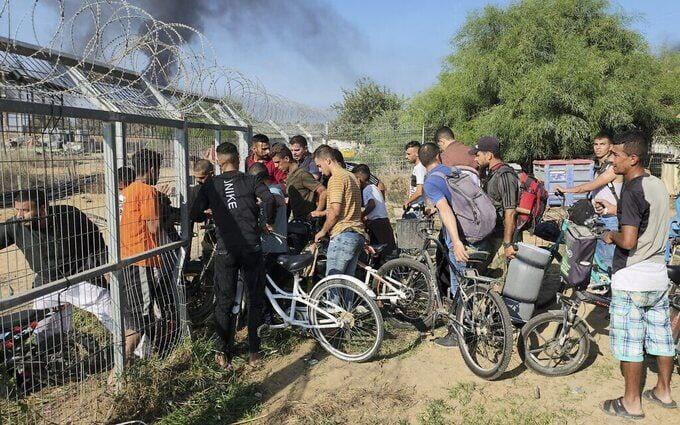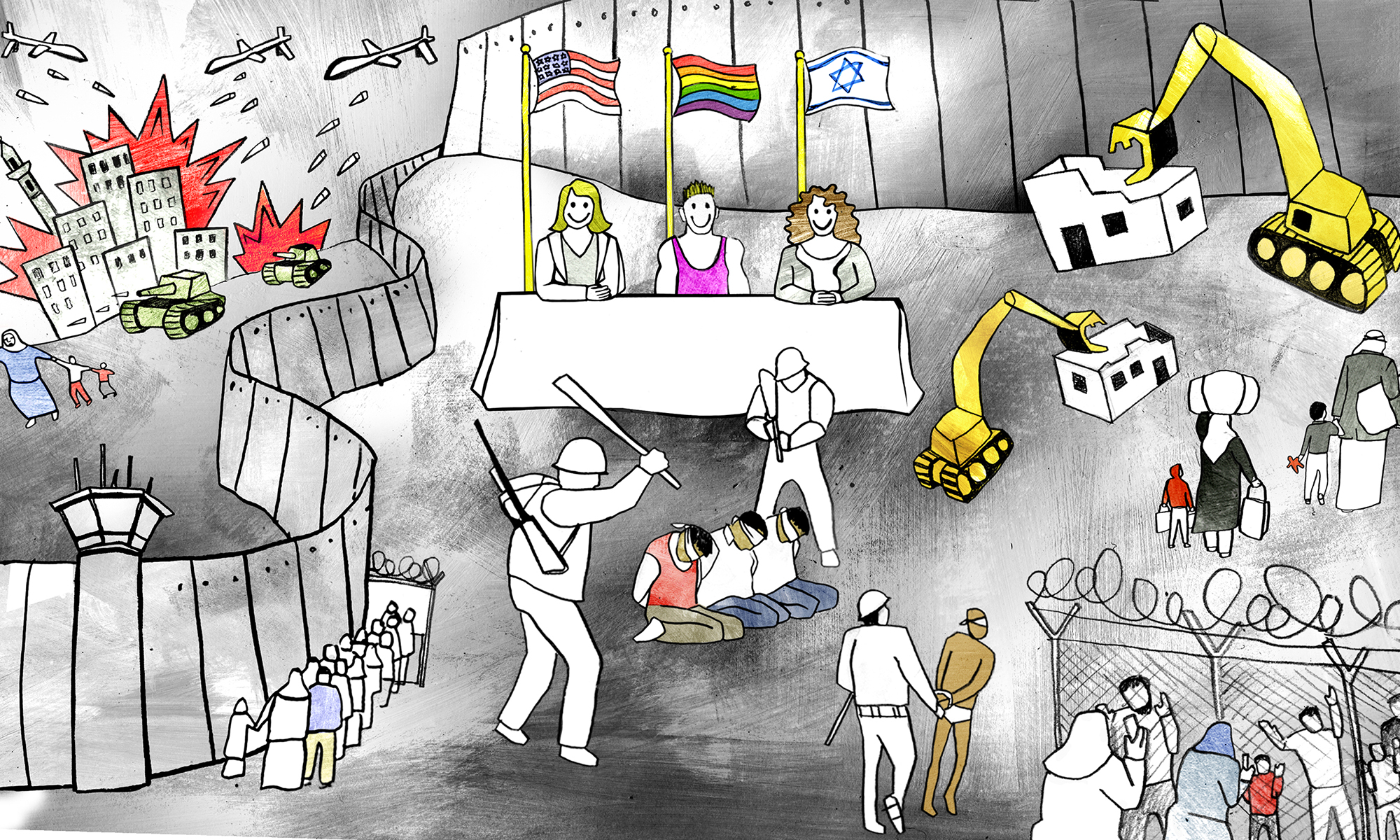The stories were collected by Ronni Levy, Tifara Betzalel and Noga Raban
Translated by: Tal Horowitz
Sarah Ernhalt was born in Przemyśl, where she lived with her family.
Following the rumors about the German approach, her family fled to Stanisławów, but later returned to Przemyśl, along with the Soviet Army. The Soviets took control of half the city and the German army occupied the other half, until a war broke out between the two forces in June 1941 and the Soviets retreated.
The Germans were preparing to eradicate the Jewish population in the city by establishing two ghettos – one for working people and the other for those who did not work – and also began conducting aktions (round-ups operations) and deportations.
Sarah married Leon Pater before the war broke out. He was caught in one of the aktions and was sent to the Lvov labor camp. Sarah sent their two-week-old son to a children’s home in the hope that he would survive.In July 1942, the Germans began a mass deportation of all the Jews in the city. Sarah was in the square in which Jews were gathered along with her parents and four sisters. Also, the children from the children’s home were brought there, including her son. Surprisingly, Sarah managed to take her son and run away from the square with him, while her parents and sisters were sent to Bełżec.Meanwhile, her husband also managed to escape and returned to Przemyśl.Sarah was sent to work in the workers’ ghetto, sorting the clothes of the deportees, but one day she was caught by a member of the Gestapo while giving a parcel of clothes to her husband through the window, and was punished by being transferred to the ghetto of the unemployed.One day Sarah’s husband sneaked into the Aryan side of the city to find a safe place for their son, but was caught and imprisoned, and a few days later he was taken out of prison to be publicly executed. Leon attacked the German who led him to the execution and managed to get hold of his pistol, but was eventually executed in front of the passers-by.In September 1943, the Germans liquidated the ghetto of the unemployed. Sarah hid with some of her brothers in a hide-out that had been prepared in advance. Sarah’s son died in there, due to malnutrition and lack of air. After his death, Sarah left the hide-out and sneaked back into the ghetto to work illegally in the kitchen.The Nazis’ promised Jews that would leave their hiding places that they would be transferred to the workers’ ghetto, and many Jews, among them Sarah’s family, exposed themselves, only to be executed and buried in a mass grave.At the end of that month Sarah was sent to Birkenau near Auschwitz, and following the selection process, was found suitable to be sent to the quarantine. After a shower, she was tattooed with the number 66952. At the end of the quarantine she was sent to a labor camp, to work at the “Union” weapons factory.In the beginning of 1944 Sarah was transferred to the Auschwitz camp, but continued to work in the same factory, where she met a Jewish girl from France named Rachel who introduced her to the underground activities.At the end of that year, the underground organization blew up one of the crematorium facilities in Birkenau with gunpowder stolen from the factory. After an investigation, five girls were arrested and executed in front of all the women.On January 18, 1945, Sarah was sent along with all the “Union” factory workers to a transport, but because of a lack of train cars, they were taken by foot to Germany. During a stop in the village of Furamba, Sarah and several other girls managed to break away from the group and hid in the home of a local priest until the end of the war.After the war, Sarah contacted a Zionist organization, went to Vienna, and after her stay there she arrived in Israel in 1946.



